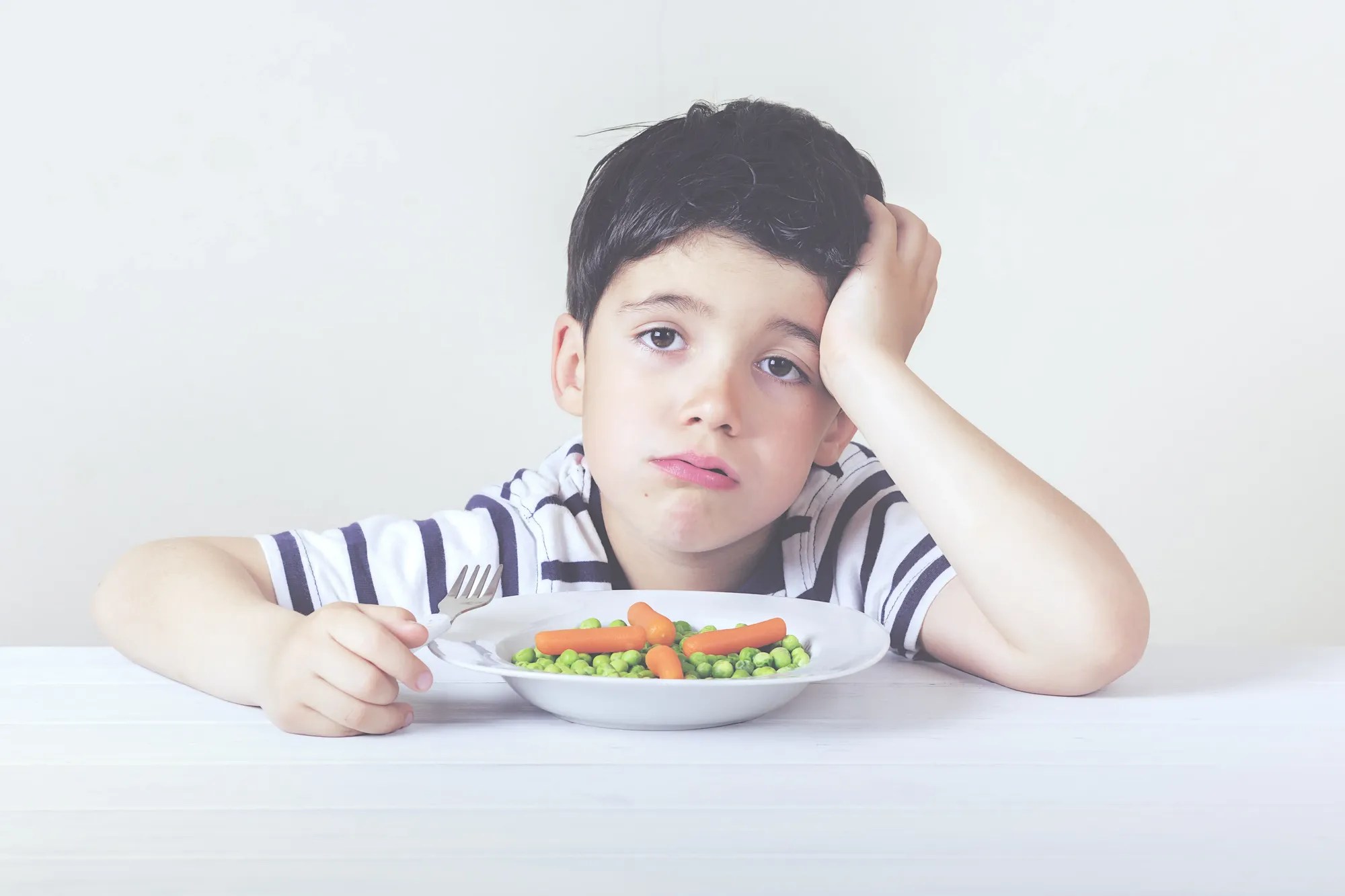When most people think of eating disorders, they envision teenagers or young adults, but eating disorders in kids are more common than we may realise. They can negatively impact and cause considerable damage to a child’s body.
Dietary demands, body weight and development spurts vary from child to child, hence diagnosing eating disorders in children can be difficult. Early diagnosis of an eating disorder in a child is essential to effective treatment.
We reached out to Nutritionist Dr. Rohini Patil, Author of The Lifestyle Diet, and asked her to shed some light on eating disorders in children. Dr. Patil says,
If parents have even the slightest inkling that their child is struggling with an eating disorder, they should consult a doctor directly so that the problem may be correctly diagnosed. The doctor may examine the family background for any mental or eating disorders, as well as cases of obesity or depression. He may also analyse the child’s nutritional and mental well-being and help in the best way possible.
Read on to know the the most common signs and symptoms of eating disorders in children that parents should watch out for, as shared by Dr. Patil.
Signs And Symptoms Of Eating Disorders In Children
- A child who is losing weight at a rapid rate indicates that something is wrong. They can try to conceal their quick weight loss by wearing baggy apparel.
- Due to a distorted body image, a youngster may grow to be extremely self-critical. Watch out for negative self-talk.
- Despite being dangerously underweight, the child may engage in unnecessary exercise.
- The child may exhibit feelings of impatience, melancholy and worry on a frequent basis for no obvious reason. They may also display hyperactivity such as leg jiggling and difficulties in sitting still.
- The child’s eating habits may become peculiar. They may avoid meals, watch every bite they eat, eat in secret, or eat only a few foods in little amounts.
- Despite being malnourished, the youngster may engage in unnecessary dieting.
- A youngster may withdraw into a shell and exhibit reluctance in participating in social activities.
- It’s possible that if the child starts purchasing or hoarding big amounts of food, they are planning to binge and purge later.
Follow @malinisgirltribe on Instagram for more content like this and download the Girl Tribe by MissMalini App to join our Healing & Wellness community.

